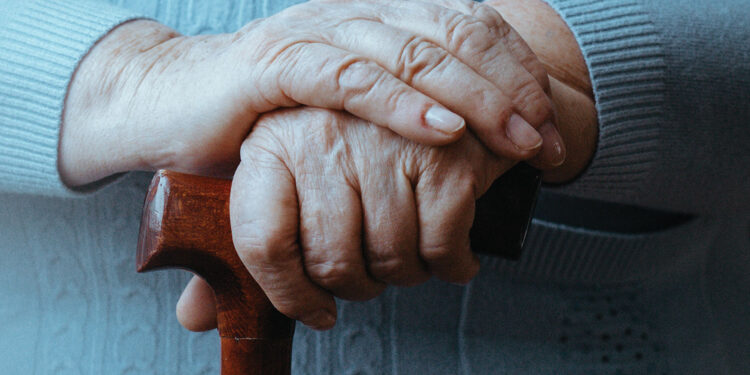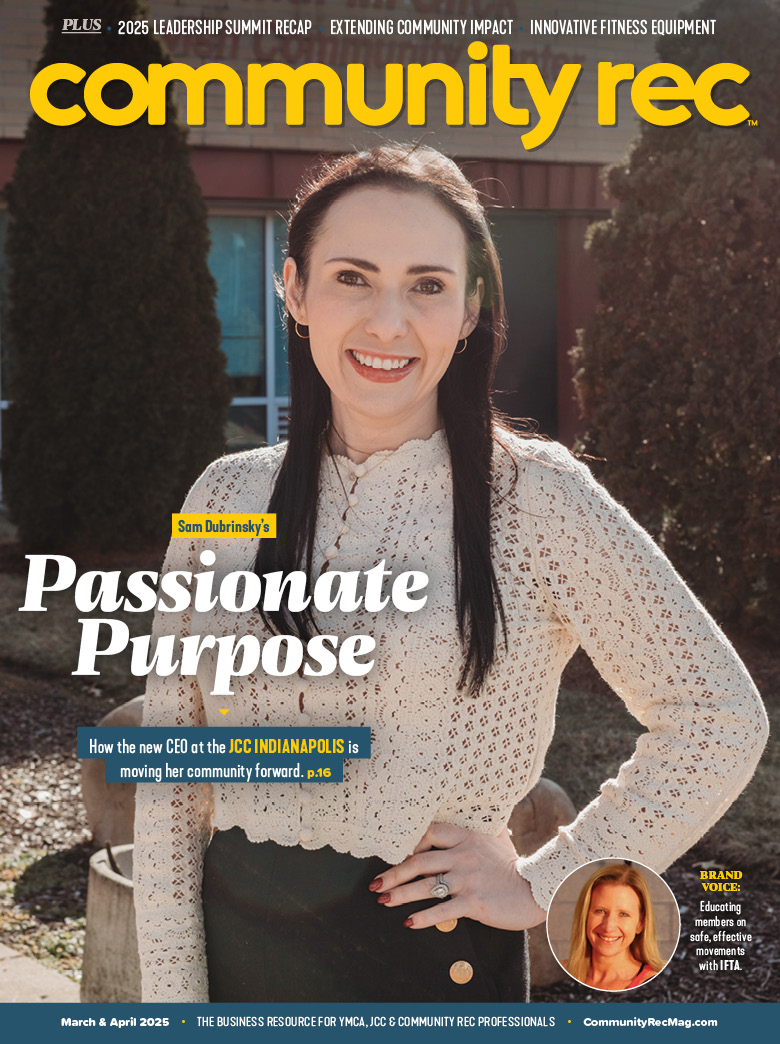When Trish Harrison, the association health and wellness director of the YMCA of Greater Kalamazoo, found out about the discontinuing of her mother’s Parkinson’s class at a local gym, she decided to step in and see what her Y could do to help.
Having heard testimonials from her mother and participants also in the Parkinson’s class, Harrison knew how important it was for them to be able to continue exercising in order to not regress. “I hear how much it’s helped with their strength, balance and endurance,” she elaborated. “They feel like they can be more independent as a result of staying stronger.”
Harrison has even found her mother’s medication levels have not significantly increased over the past years, which she attributes to the exercise classes she’s been attending. Knowing this information, she was able to bring OhioHealth Delay the Disease, an evidence-based fitness program designed to help those living with Parkinson’s disease, to her YMCA.
In order to do so, the Kalamazoo Y received a grant from the Michigan Parkinson’s Association to help offset the initial Delay the Disease licensing fee. “As soon as we got everything in place, we set the days and times, and we started with one class, but because of demand, now we have three classes,” said Harrison. “It was a nice surprise – we were doing it because we wanted those folks to continue going someplace and now more people have decided ‘we’re going to go to the Y and take this class too.’”
Because of demand, the YMCA of Greater Kalamazoo offers three classes – one for participants whose disease has progressed the furthest and one for patients who appear to not have the disease. The third class is a transitional combination of the two.
In these classes, participants generally work on motor skills, ranging from movements such as walking, making big strides, arm swings, lifting their legs, sitting down and standing up to maintain strength, endurance and flexibility.
To provide a successful and beneficial program for your members, Harrison stresses the importance of a certified and passionate instructor. “You can’t just bring someone in and ask them to teach a Parkinson’s class,” she said. “They have to understand the disease and the needs the participants might have are unique.”
Some of the unique needs to consider include having space that is easy to get to and the time of day the classes are offered. Harrison advises to watch out for stairs and, if necessary, have elevators available. “The time of day is important,” she said. “Sometimes people do better in the afternoons – you don’t necessarily know – but you want to get feedback from participants about what time works best.”
Another important aspect of the OhioHealth Delay the Disease program is to make sure it’s offered year-round. Harrison finds most of their participants only take off two weeks around the holidays, then they’re back in class twice a week.
“There are so many people suffering from Parkinson’s who are maybe not aware of this program or are hesitant to try it because they think they can’t do something,” said Harrison. “It’s important they know there are programs to help.”










